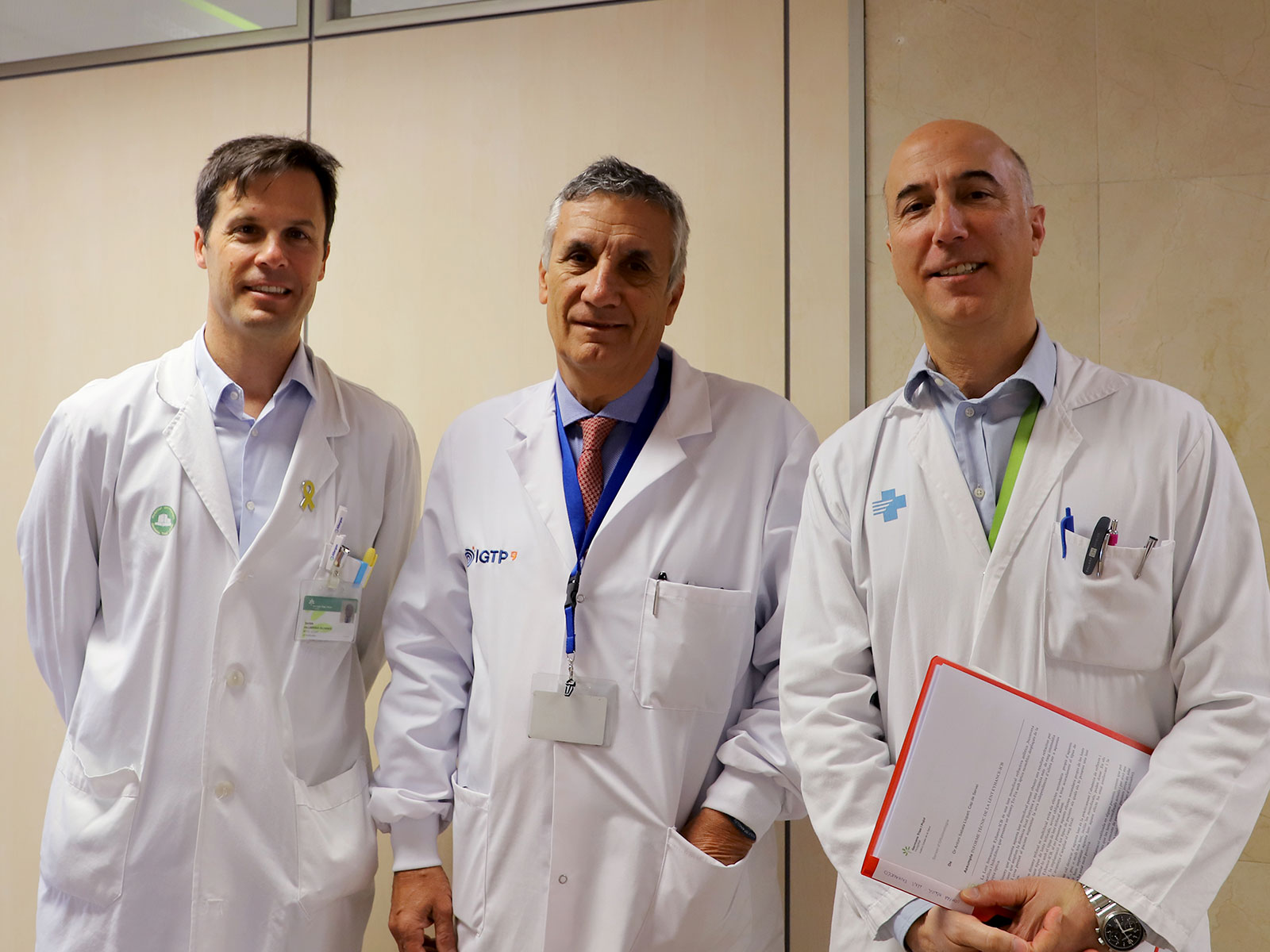New European initiative, RECOGNISED, will determine the usefulness of the retina as a tool for identifying people with type 2 diabetes and cognitive impairment

The IGTP is participating in this recently launched EU-funded project to explore the biological pathways that may link the alterations observed in the retina with those present in the brain in people with type 2 diabetes (T2D). In this way, the RECOGNISED project hopes to use the eye as if it was a window into the brain.
Type 2 diabetes is known to be an independent risk factor for developing cognitive impairment and dementia, with studies showing that people living with T2D have a two-fold higher risk of developing Alzheimer's disease (AD) when compared to the general population. AD is a neurodegenerative disease that leads to the progressive loss of brain cells, which causes cognitive decline and, eventually, dementia. People with cognitive impairment are more prone to have impaired diabetes self-management, poor glycaemic control and an increased incidence of diabetes-related complications, which presents significant challenges both for individuals and healthcare systems on how best to manage diabetes care.
The four-year long RECOGNISED project will study the biological mechanisms that cause structural and functional alterations in the retina in people with type 2 diabetes, to determine whether these same pathways play a role in the events observed in the brain during the development of cognitive impairment and dementia. The IGTP team, led by Dr. Xavier Valldeperas (Ophthalmology) and Dr. Manel Puig (Endocrinoloy) as partners, will recruit and study a cohort of 70 patients with T2D and will follow them up using the established protocol to establish whether observations of the retina can reveal these changes in the brain.
RECOGNISED will reveal whether evaluating the retina, easily accessible with current non-invasive technologies, could help in identifying earlier cognitive impairment in people with T2D, so that appropriate support can be given. It will also analyse previously-collected data and samples from registries, cohorts and biobanks. By gaining knowledge on the mechanisms of disease, RECOGNISED will help to identify new potential therapeutic interventions.
Coordinated by the Vall d'Hebron Research Institute (VHIR), RECOGNISED brings together 21 partners from nine different countries, including academic institutions, small and medium enterprises (SMEs), the European infrastructure for translational medicine (EATRIS) and patient organisations, with complementary knowledge and expertise. RECOGNISED will receive almost €6 million in funding from the EU Horizon 2020 (grant agreement No 847749) towards this programme with the final goal of improving the quality of life of people living with diabetes. Basic scientists and clinicians with extensive expertise in diabetes, ophthalmology and neurology will use state-or-the-art technologies to undertake the experimental and clinical studies that form part of this ambitious project.
